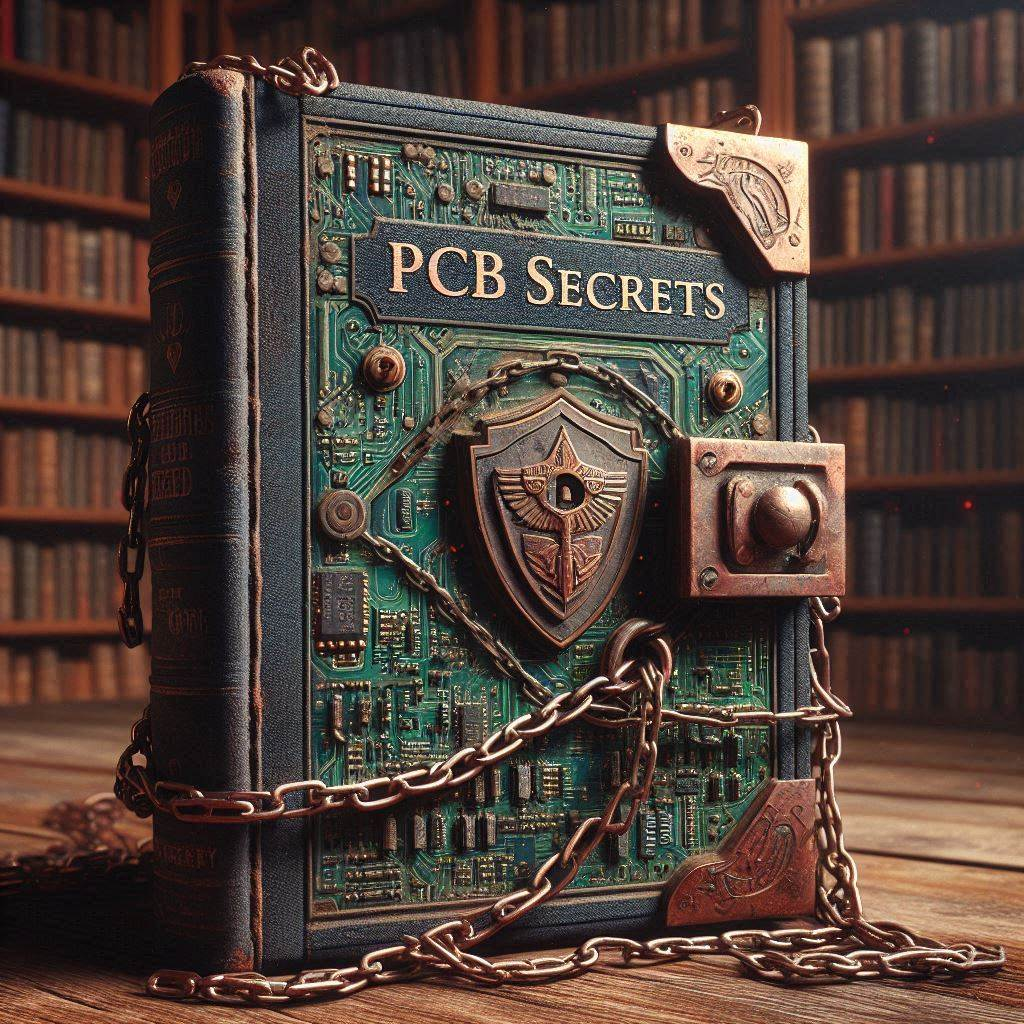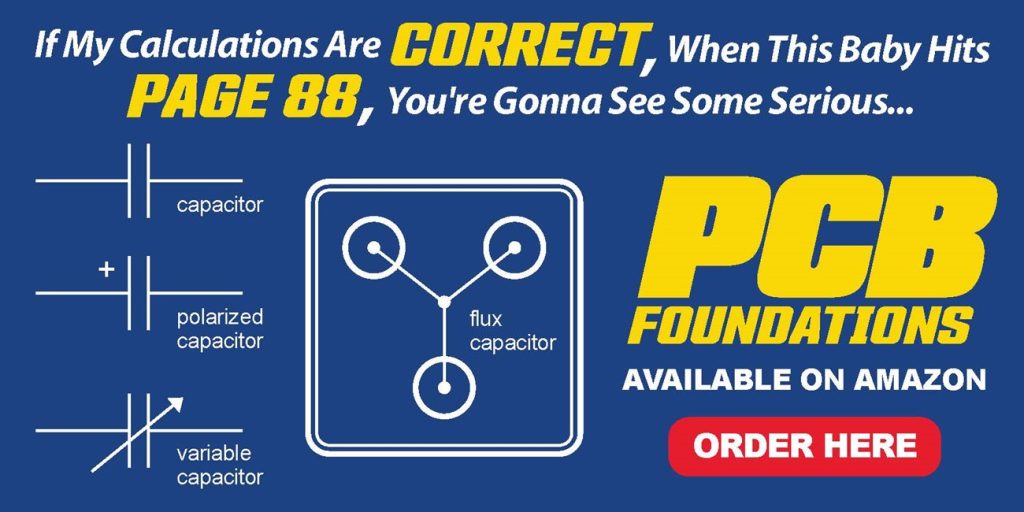
Several years ago, Robert Feranec, a well-known video blogger in the printed circuit board industry, was kind enough to post about our PCB Foundations textbook. Our book guides those trying to understand the design process for creating printed circuit boards better. As shocking as it sounds, this medium, which the entire electronics industry relies upon, is not generally taught in colleges and universities! (This absurdity requires a posting all its own.)
Due to Robert’s posting, we were flooded with requests from engineers and designers worldwide hoping to get a copy of the book. Though we were incredibly flattered, and certainly would have liked to oblige, the shipping costs (nearing $200 along with printing) for the 400+ page hardcover book rendered the idea rather impractical.
How else could we impart the book to these customers?
We looked into other distributing methods, namely a PDF, but these options would be easily susceptible to hacking and mass distribution. No matter how we may try to secure the document, “if there’s a will, there’s a way,” especially if there are very limited resources out there. Policing and monitoring hacked copies is rather impractical, if not impossible.
As a result, we decided to turn the physical book into an audiobook video series on YouTube. We used an AI voice narrator that was methodical and clear in English, considering many who requested the book spoke/read English as a second language. We also added closed captions to assist those who struggle with oral English. The pictures in the book were displayed in the videos as the narration progressed. In addition to the images in the book, additional pictures were added to the videos to correspond to the verbiage.
It was a unique undertaking, and by doing so, we accomplished the overall goal of making this resource globally available without compromising our copyright.
If you want to see the videos, click on this link:
https://ninedotconnectssandbox.com/training-pcb-foundations-videos



